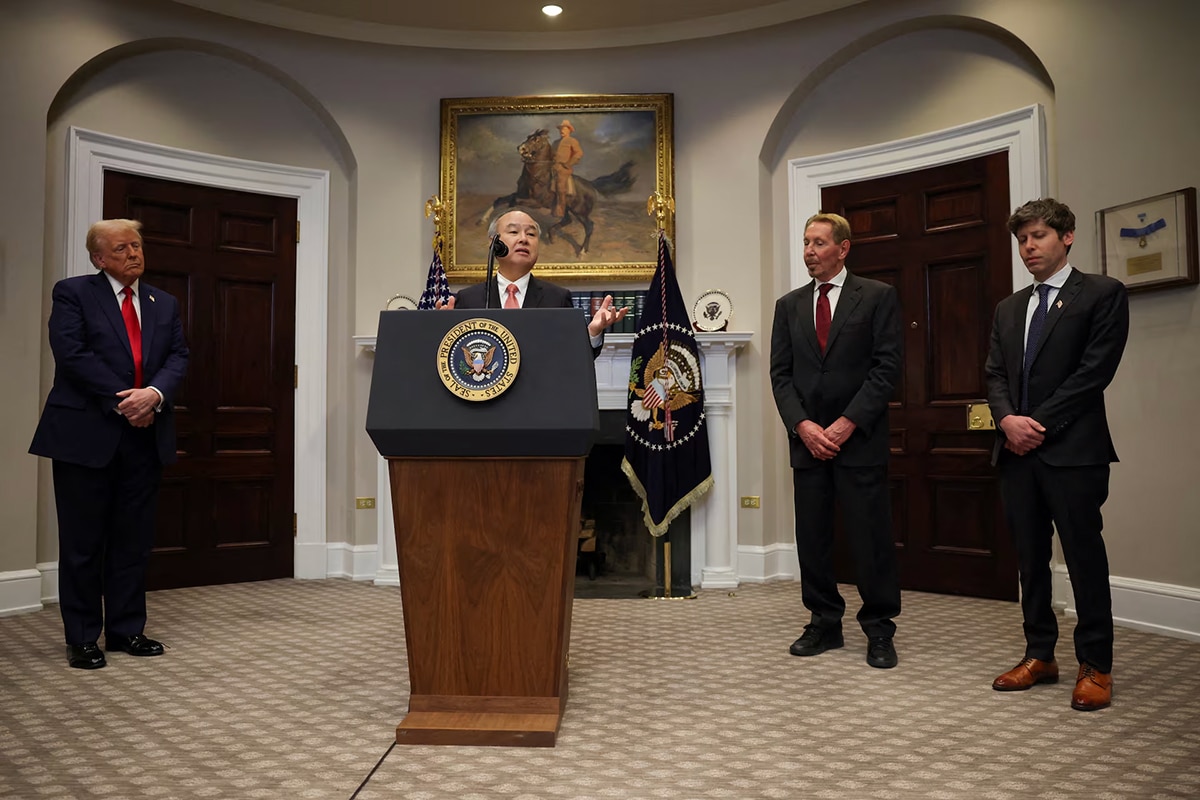A LOT of passengers assume that they’re entitled to some form of compensation whenever their flight is cancelled, or just delayed for a long period of time.
However, that sadly isn’t always the case – and passengers can be left disappointed when their compensation claims are rejected by the airlines, due to “extraordinary circumstances”.
Already this summer, we’ve seen plenty of passengers unable to claim compensation for delayed or cancelled flights because of things that the airlines weren’t responsible for.
In these instances, the carriers are not obliged to pay any extra to the customers whose travel plans have been disrupted.
Included in that is air traffic control (ATC) problems, which have already made life difficult for passengers this summer – and could well do again.
Staff shortages have forced airlines to cancel or delay trips, while ATC systems issues have also been at fault for some setbacks.
If this is the reason for a flight being grounded or postponed, travellers will not be eligible for any compensation.
The Sun’s head of travel, Lisa Minot, explained: “Airlines can say that this is a situation that’s outside of their control.
“This isn’t anything the airlines can do anything about because it was the air traffic control systems that have gone to fault, therefore they don’t have to pay any compensation.”
Bad weather has also been at fault for flight problems this year, with Hurricane Beryl causing cancellations in the Caribbean, while storms have created travel issues in Europe.
Again, this is not the airline’s fault, meaning they don’t have to pay out any compensation.
According to the Civil Aviation Authority, any “weather conditions incompatible with the safe operation of the flight” are considered an “extraordinary circumstance” beyond the airline’s control.
Another common problem that fits in this bracket is strikes, if they’re carried out by staff members not employed by the airline.
For instance, airport security staff, baggage handlers, ground staff etc.
None of these people would be employed by airlines, but could cause huge problems if they staged a walkout.
However, that is not something the carriers would have any control over, so would not have to pay compensation.
Flight compensation rules
What are my rights if my flight is cancelled or delayed?
Under UK law, airlines have to provide compensation if your flight arrives at its destination more than three hours late.
If you’re flying to or from the UK, your airline must let you choose a refund or an alternative flight.
You will be able to get your money back for the part of your ticket that you haven’t used yet.
So if you booked a return flight and the outbound leg is cancelled, you can get the full cost of the return ticket refunded.
But if travelling is essential, then your airline has to find you an alternative flight. This could even be with another airline.
When am I not entitled to compensation?
The airline doesn’t have to give you a refund if the flight was cancelled due to reasons beyond their control, such as extreme weather.
Disruptions caused by things like extreme weather, airport or air traffic control employee strikes or other ‘extraordinary circumstances’ are not eligible for compensation.
Some airlines may stretch the definition of the “extraordinary circumstances” but you can challenge them through the aviation regulator the Civil Aviation Authority (CAA).
Will my insurance cover me if my flight is cancelled?
If you can’t claim compensation directly through the airline, your travel insurance may refund you.
Policies vary so you should check the small print, but a delay of eight to 12 hours will normally mean you qualify for some money from your insurer.
Remember to get written confirmation of your delay from the airport as your insurer will need proof.
If your flight is cancelled entirely, you’re unlikely to be covered by your insurance.
That’s not to say that people don’t have rights in these situations – and airlines do still have responsibilities towards their passengers.
Lisa continued: “If your flight is cancelled, the airline legally must get you to your destination as quickly as possible, by any means.
“That doesn’t necessarily mean you have to wait for your airline to provide you with another flight on a different day.
“if you can fly on the day that you’re due to travel with a different airline and get yourself to your destination, the airline would have to pay for that.
“If you are in that situation and you urgently have to get somewhere, what you should be looking at is not just the flights from your airline, but alternative airlines.
“That could be going out of different airports in the UK, or perhaps flying into different airports in your destination, just so you can get yourself out there.”
In addition to making sure passengers reach their destinations, airlines also have a duty of care to look after passengers whose flights have been delayed or cancelled.
Lisa added: “That would involve food vouchers and drinks vouchers, if you’re delayed for a significant amount of time.
“On top of that, if you are delayed overnight, then the airline is actually responsible for finding you a hotel accommodation.
“That might not always be possible with a significant number of people involved, over 100,000 were involved in flight cancellations earlier this summer, in that case, make sure you keep all your receipts.
“Book a meal, book a hotel and keep those costs reasonable.”
Anyone who chooses extravagance and expects the airline to pick up the bill will find themselves out of pocket, with carriers only expected to cover “reasonable” costs.
Lisa explained: “Don’t start booking a five star hotel, they won’t refund that.
“Keep your costs reasonable and keep all your receipts, and you should be able to claim that back from the airline.”
Read more on the Scottish Sun
Meanwhile, booking certain flights can help passengers avoid travel problems.
And this airline worker showed how to avoid cancellation problems.











